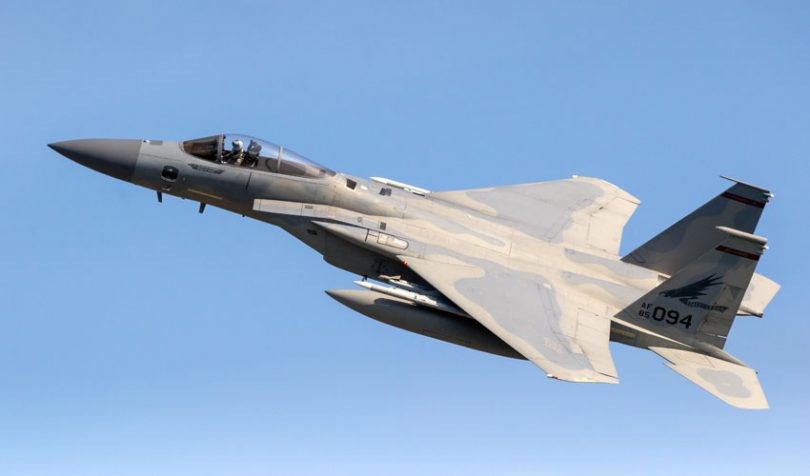Last year Bloomberg ran the most explosive cybersecurity article of the year. “The Big Hack” claimed that some computer motherboards produced by Super Micro featured an additional chip which was not part of the design. And that microchip allegedly “allowed the attackers to create a stealth doorway into any network that included the altered machines.”
According to the story, Amazon Web Services uncovered the information while carrying out due diligence for a government contract.
Many electronics manufacturing companies are based out of Asia, and there is a shortage of U.S.-based manufacturers who can supply components.
Sources for the article remained unidentified, and several of the companies referenced issued denials. Other media criticized the piece as lacking credibility, but Bloomberg nonetheless stood by its veracity and promoted one of the authors.
The report seems to have an impact.
This year the U.S. Department of Defence has awarded at least two contracts to address this sort of manipulation. One was for $3.2 million back in June granted by the U.S. Air Force to MacAulay Brown to develop a trusted solution for electronics component manufacturing, reported Military & Aerospace Electronics. This did not involve blockchain.
Last month the same parties made a $7.6 million award to Florida-based iCAMR, a consortium which focuses on manufacturing intelligent sensors and chips.
The Trusted Semiconductor Manufacturing Pilot Project is to develop a ‘Secure Digital Twin’ for semiconductors manufacturing by using blockchain solutions “for trust and assurance”.
The digital twin probably refers to a blockchain record or fingerprint of the design. This should provide the U.S. Air Force with provenance data for the chips and sensors used in defense installations. When they compare the design of a chip on a site to the fingerprint on the blockchain, it should match. If not, there’s a problem.
The pilot will be run by iCAMR, the International Consortium for Advanced Manufacturing Research, operated out of the University of Central Florida, and is expected to complete by September 2022.
Aircraft manufacturers are also concerned about ensuring designs for manufacturing are not manipulated. Parts maker Moog recently used a blockchain platform and 3-D printing to process a parts replacement order for Air New Zealand. And GE Research developed a similar system earlier this year.






